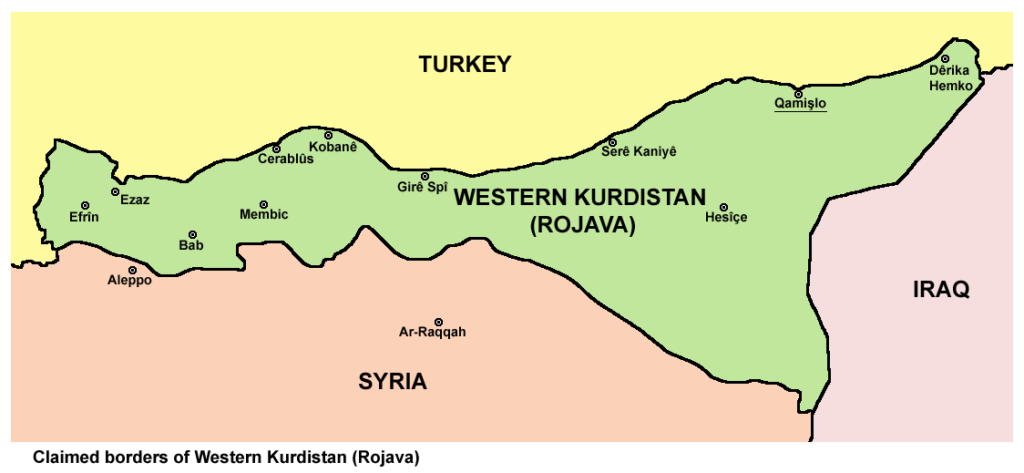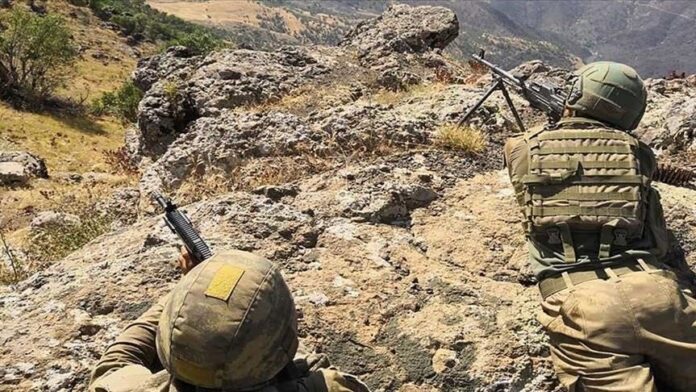As of 17 June 2022, it will have been two months since the state of Türkiye launched the massive military Operation Claw-Lock, against the Kurdish people in Syria and Iraq. Special forces have gone to the mountains of Kurdistan, and bombing has continued day and night with the might of NATO behind it.
Türkiye has been bombing the region as part of its campaign to demolish the Kurdish resistance, which it claims has been engaging in terrorist activities in Türkiye. Operation Claw-Lock is the latest in a series of maneuvers by Türkiye that began in 2019, and have led to hundreds of deaths. The number is under dispute, but likely ranges in the hundreds. These maneuvers violate the sovereignty of Iraq and Syria. They are an attack on the emergent political formations of the people in Rojava, Syria.
Türkiye has sent airstrikes, automated drones and artillery attacks in Kurdish majority areas of Iraq and Syria to isolate them from the Kurdish people in Türkiye. Drones have targeted activists within the free Kurdish movement, particularly focused in the Rojava region of Syria.
Rojava has gained international recognition for its unique and inspirational forms of grassroots democracy and its effective resistance to authoritarian, patriarchal and fundamentalist forces within Syria. Türkiye has been using the cover of the Russian-Ukraine war to escalate its attacks on the Kurdish people.

3. The origins of the Kurdish movement
During World War I, the British and French Empires joined forces with the budding Arab Nationalist movement to defeat the Ottoman Empire. After the dissolution of the Empire, the French and British took over most of the Middle East. They betrayed their allies in the Arab nationalist movement by splitting the Middle East among themselves, and when the pressure came to grant these areas independence, they arbitrarily drew up borders and made up most of the countries in the Middle East today. Some countries were divided to support Western business interests.
The Kurdish people were mostly tribes located in the regions connecting modern-day Türkiye, Syria, Iraq and Iran. They were minorities in many countries and had no claim to a country of their own.
In the 1980s, Partiya Karkeren Kurdistan (Kurdistan Worker’s Party) began a guerilla campaign for a free Kurdistan movement against Türkiye. The Party mostly organized students first, under the leadership of Abdullah Öcalan (pronounced O-Ja-Laan). The PKK was deemed a terrorist organization and Öcalan was arrested by the Turkish government in 1999.























